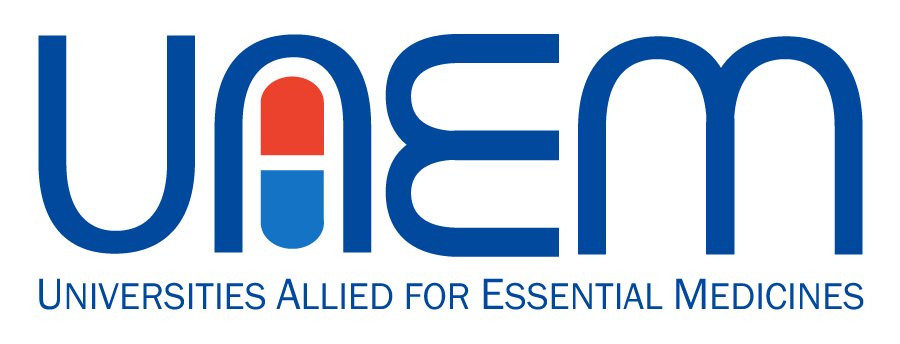Clinical Trials Transparency Report
At least half of the most innovative and life-saving medicines that exist today were originally developed in university labs with taxpayer funding. This includes almost all vaccines, many HIV-AIDS and tuberculosis drugs, and even insulin. In the United States, every single one of the 210 medicines approved by the US Food and Drug Administration (FDA) between 2010-2016 can be tied to funding from the National Institutes of Health (NIH), a government agency run with taxpayer dollars.*http://www.pnas.org/content/early/2018/02/06/1715368115
Clinical trials are experiments carried out in clinical research that are designed to evaluate a treatment’s impact — positive or negative — on the health of people. In 2007, the US Congress passed the Food and Drug Administration Amendments Act (FDAAA), requiring universities to post the results of clinical trials on Clinicaltrials.gov (a public database of clinical trials) within a year of trial completion. By law, since 2017, America’s top 40 research universities have had to post the results of 1,516 clinical trials. However, 101 of those trials are still missing results on the public registry, in violation of the FDA Amendments Act. In addition, due to the recent court ruling for a lawsuit filed against the FDA, HHS *Health and Human Services, and NIH, clinical trials sponsors are now mandated to retrospectively report trials from 2007 and onwards, when the FDAAA was enacted. This will allow for thousands of publicly-funded clinical trials from a decade of research to be recorded and made accessible for all.

